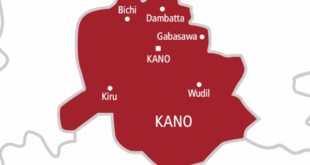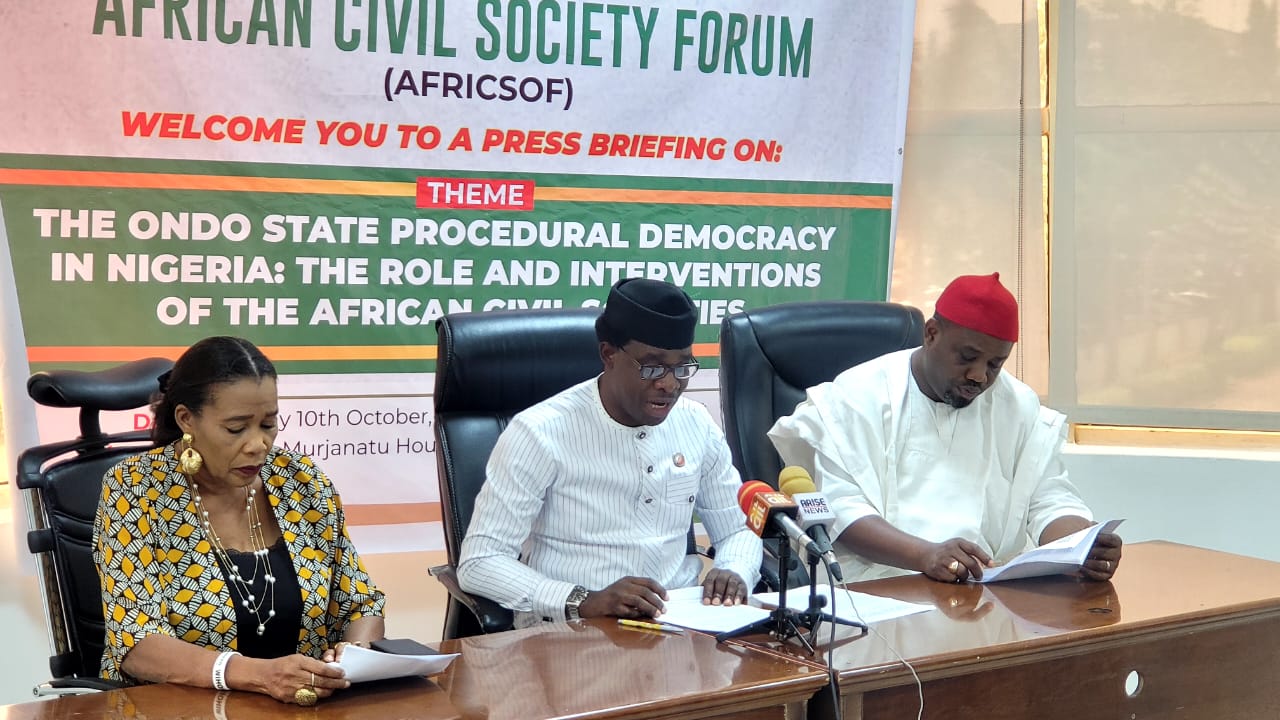Federation Government Secretary (SGF), Senator George Akume, has highlighted the inconsistency and lack of coordination as the main obstacle for effective policy management in Nigeria.
Speaking to the validation session for the draft of the National Policy Development and Management Framework in Abuja on Tuesday, Akume warned that fragmentation in all government agencies stopped national progress.
“Over the years, one of the recurring challenges of policy management in Nigeria is the lack of coherence and consistency. This causes inefficiency that prevents the implementation of interventions intended to accelerate national progress,” Akume said.
SGF appoints duplication and disagreement between ministries, departments and institutions as obstacles to governance efficiency. He stressed that without a united and strategic approach, even the policies that were most intended would struggle to produce real results.
To overcome these challenges, Akume announced that the administration of Tinubu was institutionalized and institutionalized for the formulation of policies, implementation, and evaluation. The proposed framework, he explained, was in harmony with the best international practice while rooted in the reality of Nigeria’s government.
“Policy making is not a theoretical exercise; this is a practical governance tool. This must not only define priorities but also provide clear implementation paths, establish institutional responsibilities, and establish mechanisms to track impacts,” he stressed.
Akume underlines the importance of strategic coordination, institutional synergy, and policy coherence, ensuring that his office is committed to harmonizing national policies for more effective governance.
Also read: Orbih threatened to arrest PDP Edo guard committee members appointed by Obaseki
The validation session, he said, is an important step in improving the framework of an eternal instrument that ensures that the policy is driven by data, in line with national goals, and responsiveness to the needs of developing countries. He urged policy makers, technocrats, development partners, and civil society organizations to actively participate in forming a framework so that it moves beyond theoretical documents to governance tools that can be followed up.
“When we improve this framework, we move closer to institutionalize the culture of governance where policies are smoothly translated into real results for all Nigerians,” Akume added.
Also speaking at the session, a special advisor to the President about policies and coordination, Hadiza Bala Usman, reiterated the administrative commitment to cover the old gap in the Nigerian policy ecosystem.
He identified the main challenges, including policy inconsistencies, unclear formulations and the implementation process, and the absence of integrated standards in all government agencies.
“Overview of the existing Nigerian policy landscape reveals significant gaps – consequences in policy structures, overlapping policies, limited coordination, and challenges in implementation and monitoring,” said Usman.
“These challenges often damage the effectiveness of policies that intend well and hinder the achievement of national goals. Therefore, this framework is our collective response: tools designed to overcome this gap, clarify the roles and processes, and create a more coherent, slim, and effective approach for making polisims.”
Join the conversation
Supports Nigeria’s ripples, resistant Journalism Solutions
A balanced and fearful journalism that is driven by data comes with enormous financial costs.
As a media platform, we ask for leadership accountability and will not trade the right to suppress freedom and freedom of speech for a piece of cake.
If you like what we do, and ready to uphold journalism solutions, friendly Nigerian ripples cause.
Your support will help ensure that residents and institutions continue to have free access to credible and reliable information for community development.
Donation now
 JamzNG Latest News, Gist, Entertainment in Nigeria
JamzNG Latest News, Gist, Entertainment in Nigeria









